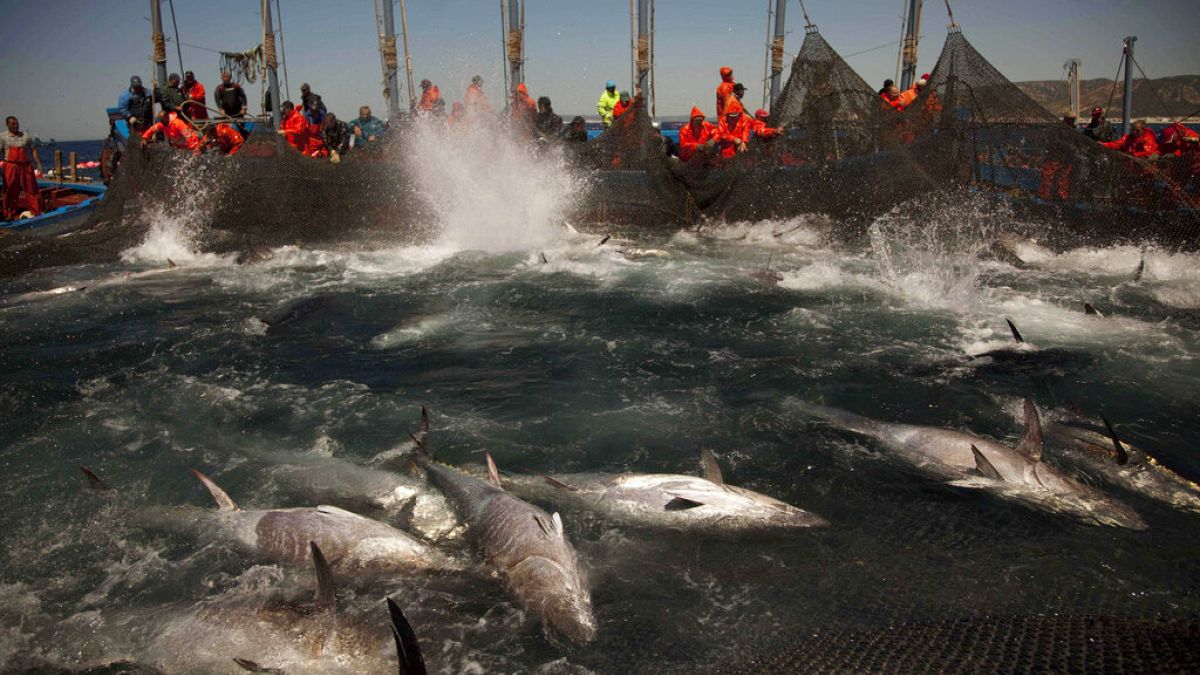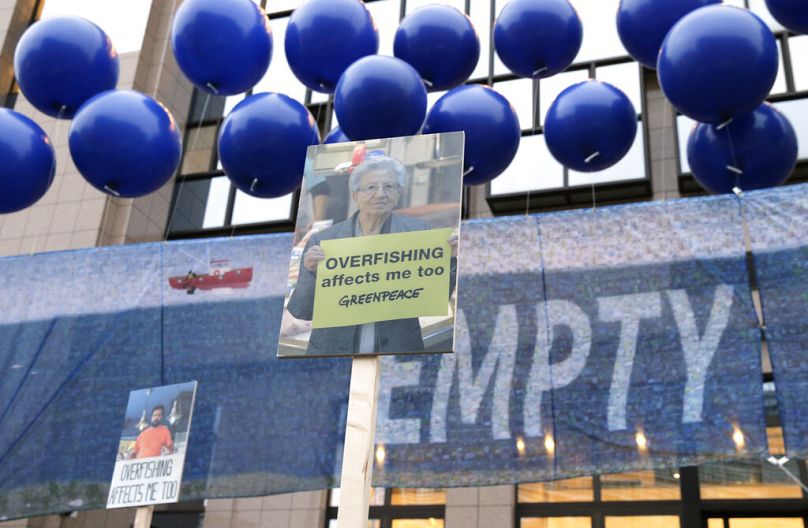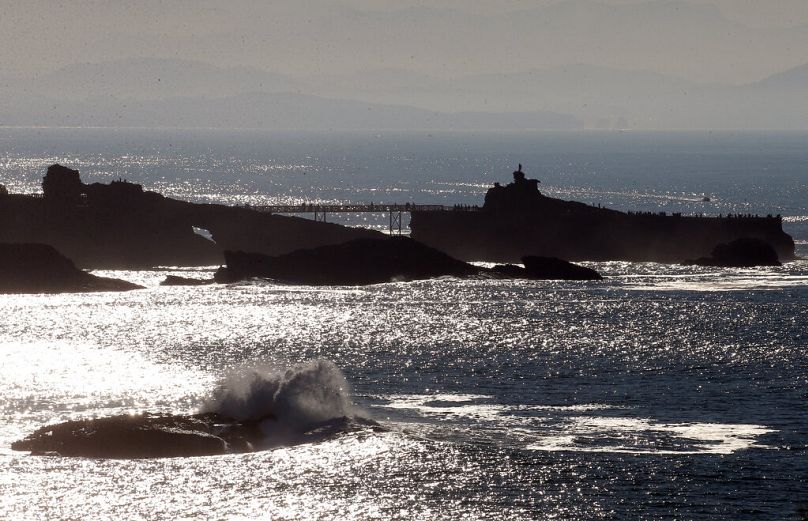Healthy seas have played second fiddle to carbon counting for too long at official negotiations. They should be front and centre, argue scientists Emma Cavan, Erica M Ferrer and Rashid Sumaila
We are three scientists from different life backgrounds and professional pathways: female and male; of Latin-American, African and Anglo heritage; a student researcher, doctor and professor; a biogeochemist, marine biologist, and an economist.
But as diverse as our fields of study may seem, two things unite us: we have known for a long time that a healthy ocean is critical to life on earth and, more recently, we’ve learned that healthy fisheries are a crucial and deliverable part of climate action.
We want the world to know that conserving fish, fisheries, marine ecosystems, and the carbon services they provide will help us secure the environmental future we need.
Ocean issues, including but not limited to fishing, should be front and centre when it comes to drafting climate policies, and we view the upcoming UN climate conference, COP26 in Glasgow as a crucial opportunity to make that happen.
Our species cannot survive without healthy seas
Humanity is nothing without the ocean. It is the source of all life on our planet. It produces half of the oxygen we breathe. It provides a reservoir for biodiversity, and it is the second-largest store of carbon on Earth.
Currently, the seas take up (“sequester”) 20 to 30 per cent of global emissions, and have absorbed more than 90 per cent of the excess heat generated since the start of the industrial revolution.
By some estimates, without this cooling effect, global temperatures would be 35°C warmer, making life on Earth untenable for most species, including ours.
The data and understanding of fish, and fishing’s influence on the ocean’s capacity to store that carbon, is less well known. Fortunately, this knowledge has been rapidly advancing in recent years.
The seas may be the source of all life on our planet, but they is also on the frontlines of what the UN Secretary-General, Antonio Guterres, described as “humanity’s war on nature”.
In this case, the war is being fought in part with industrial fishing vessels, designed to track down and capture massive amounts of fish.
If we continue on this path, we might trigger irreversible changes to the ecological conditions under which humanity has long evolved and thrived.
Fisheries are part of the solution
To navigate ourselves out of this mess, we must turn the political arena that equipped and enabled this war into one that recognises ocean biodiversity, and the preservation of healthy fish populations, as integral to climate and ecological “success”.
Countries must demobilise and redirect, retool and re-equip their fisheries. Instead of racing to catch shrinking fish populations, we need to fish less.
We also need to fish in ways that respect marine food webs, while ending the obliteration of so-called ‘unwanted’ species and supporting human livelihoods.
At the same time, we must acknowledge and support the efforts of fishing companies that are already striving to fish sustainably, and support small-scale fishers and coastal communities in becoming more resilient to climate change.
Research shows that this is possible. Doing so would allow the seas to absorb more carbon, have lower carbon emissions, and be good for both people and profits.
Europeans will be among the most affected by trawling
A recent paper by conservationist Enric Sala and colleagues outlined how all marine sediments combine to form the largest pool of organic carbon on the planet.
However, destructive fishing methods such as trawling cause the release of CO2 stored in marine sediment. By their estimates, approximately 1.47 billion tonnes of carbon are released by trawling every year: a similar volume to emissions from the global aviation industry.
For Europeans, this is especially relevant because new research shows that European seas are some of the most heavily trawled, but also the most carbon-rich.
Ocean solutions to climate change can provide up to one-fifth of the necessary emissions reductions we need if we are to limit climate change to 1.5°C.
Leaving fish in the ocean can contribute to these efforts. This is new, it’s exciting, and it’s climate action that we can (and we desperately need to) deliver quickly.
Foreground ocean health at COP26
At the COP26 negotiations in Glasgow, nature will be discussed as central to strategies on lessening climate change.
But although the third ‘Because the Ocean’ declaration will be launched by coastal/island nations from across the globe, alongside other blue carbon events, these are likely to play second fiddle to the nitty-gritty of carbon counting that goes on in the official negotiations.
This is the fifth COP since the signing of the Paris Agreement. Many big-emitter countries are struggling to demonstrate how their promises to reduce emissions will be enough.
And in some cases, even our language is lacking. Mentions of the ocean during negotiations have been few and far between.
We have known for decades that ending overfishing is the right thing to do for both fisheries and for biodiversity.
As scientists who study fish and fisheries, we contend that every country with an ocean-going fleet can take steps to enact ocean-climate action today by phasing out destructive fishing practices (including overfishing), and counting fish as part of their national inventories of carbon emissions and storage.
A healthy ocean isn’t a sideshow to climate action. It is essential. And we need to start treating it as such.
Emma Cavan is a Research Fellow at Imperial College, London. Erica M. Ferrer is a PhD candidate at Scripps Institution of Oceanography, UC San Diego. Rashid Sumaila is a University Killam Professor at the University of British Columbia, Vancouver.


